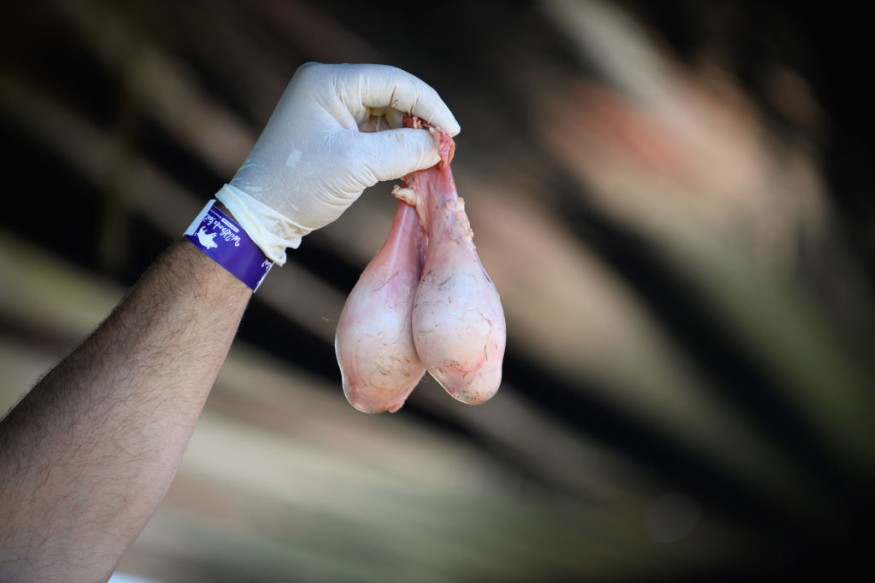Testicles have been found to be sensitive to temperatures, even in a small degree.
This discovery is based on a study led by researchers in Japan.
The scientists found warming testicles of most mammals, including humans, destroy the sperm-creating process called spermatogenesis, which leads to male infertility.
For many years, various research estimate there are millions of infertile men worldwide.
While there are various causes of male infertility like erectile disfunction and impotence, the correlation of temperature and testicles have been looked into before by scientists.
The new study even acknowledged the examination of previous research on the link between heat and spermatogenesis impairment.
However, the Japan-based scientists claimed that research was not able to regulate testicular temperature, which is vital to the propagation or death of sperm cells.
Warming Testicles

In a study published in the journal Communications Biology on May 26, biologists from Yokohama City University in Japan defined mammalian spermatogenesis as a heat-vulnerable process which thrives at low temperatures.
However, elevated testicular temperatures reportedly cause infertility among most male animals in the class Mammalia.
Based on the study, spermatogenesis is capable of successfully producing healthy sperm cells at 34 degrees Celsius (93.2 degrees Fahrenheit).
On the other hand, this biological process fails with temperatures between 37 and 38 Celsius (98.6 and 100.4 Fahrenheit).
This failure is caused by the unsuccessful separation of homologous chromosomes into haploid sperms or meiosis, which is the sole mechanism of the sperm-generating process.
In addition, damaged cells within the testicles undergo cell death.
Temperature Tests
The study arrived with their conclusion by culturing mouse testes using different temperature tests, with a general temperature-dependency between 30 and 40 Celsius.
The site of the experiment was through incubators, containing a testis organ culture, that resembles an ideal environment where spermatogenesis can take place.
According to the study's lead scientist, Takehiko Ogawa, the research team did not expect the multiple temperature-dependent events exhibited by the testicle culture, as cited by the American Association for the Advancement of Science (AAAS).
Testicles and Scrotum
Since the Yokohama City University study asserted that temperature is crucial for sperm cells to emerge and function well, the research provided further knowledge behind the male reproductive anatomy, which consists of the following parts: testes (testicles), epididymis, vas deferens, seminal vesicles, prostate gland, urethra, and penis.
The scrotum and testicles are of particular interest since these parts are the focus of the new study.
According to Johns Hopkins Medicine, the scrotum is a bag of skin that protects the two small organs called testicles and keep them intact, and emphasized that the testicles needs to be cooler than the internal body temperature for them to produce sperm.
The current structure of the scrotum outside the body is also the reason of this cold-dependent reproductive process.
The novel research sheds light on the current cases of male infertility worldwide.
The World Health Organization (WHO) recognizes infertility as a global health issue; where available data shows between 48 million couples and 186 million people are suffering from the reproductive system disease.
© 2026 NatureWorldNews.com All rights reserved. Do not reproduce without permission.





